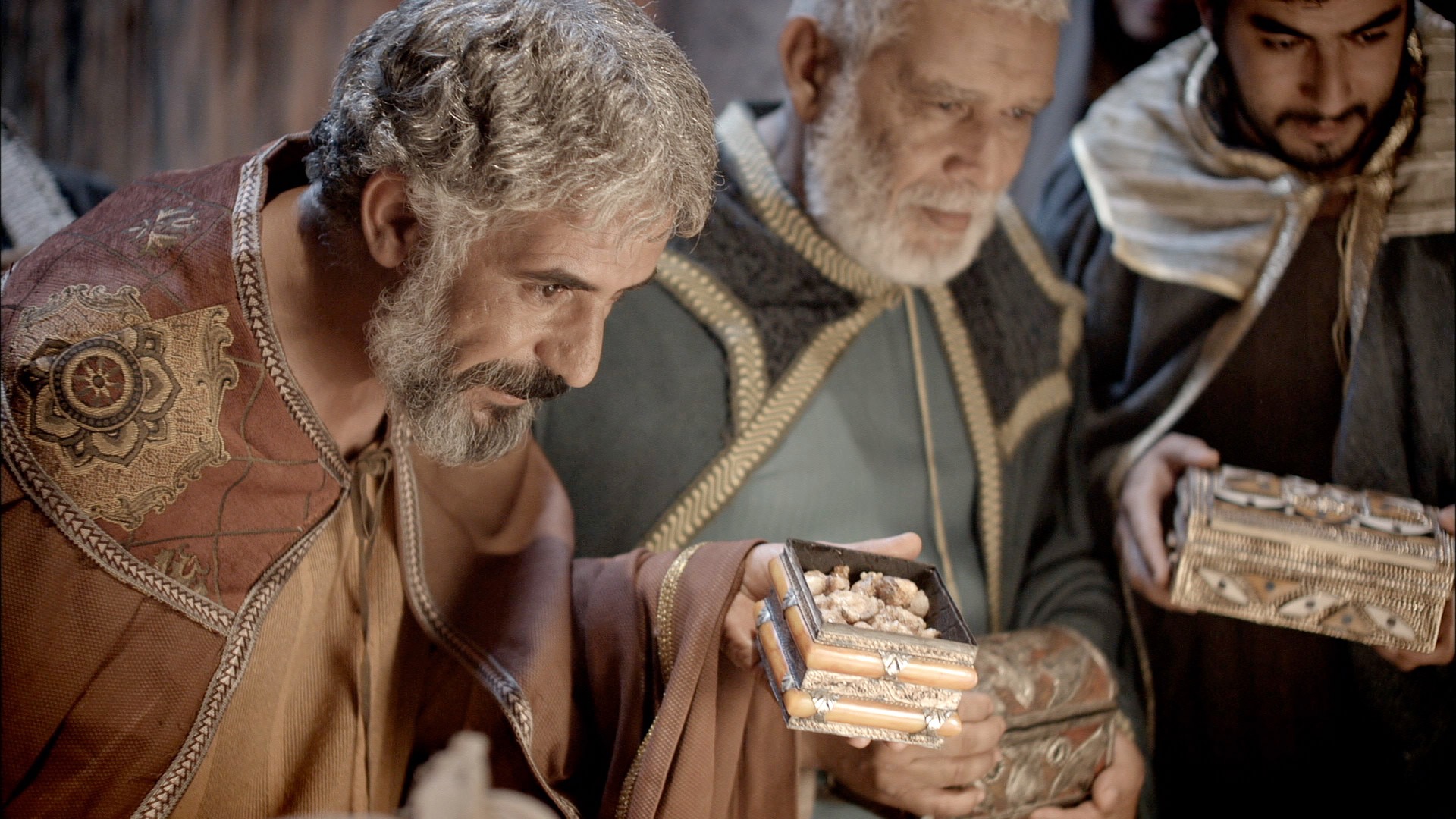There they are, prominent figures in our nativity displays where they don’t belong at all because they weren’t there the night Jesus was born. In some traditions, the wise men are said to have appeared 12 days after Jesus was born, or on January 6, the Feast of Epiphany. I won’t burden you with variations on that theme but will simply note that the 12 days of Christmas are not about calling birds and lords a leaping, but about an extended celebration of Christmas.
Based on Matthew’s chronology and Herod’s order for boys two years old and under to be killed, the magi arrived about two years too late. Efforts to fix the time more precisely by identifying the special star have only produced convoluted suppositions about stars aligning in various ways. All we really know is that the magi were not there on the night Jesus was born and they do not belong in our nativity scenes. But I’m going to leave them in mine (and may even add a fourth) because I don’t choose to fight centuries of tradition.
The lack of solid information invites speculation to fill in the gaps. So, because gifts of gold, frankincense, and myrrh are mentioned, a tradition arose that three gifts meant three wise men. The flaw in that reasoning is obvious. And searching for hidden meaning in the gifts chosen by the magi makes for interesting speculation, but not much more.

Tradition has gone so far as to give the wise men names: Melchior, a Persian scholar; Caspar, a wise man from India; and Balthazar, a possibly black-skinned man from Babylon. As long as we’re dealing with tradition, I’d like to add an interesting little volume by Henry van Dyke titled “The Story of the Other Wise Man.” Born in 1852, van Dyke was educated at Princeton University and Princeton Theological Seminary. A noted educator, author, and minister, he wrote the lyrics to “Joyful, Joyful We Adore Thee” that we sing to the tune of Beethoven’s “Ode to Joy.”
In “The Story of the Other Wise Man,” van Dyke tells about Artaban, his fictional magus who saw the star, sold his house and possessions, and bought three precious jewels - a sapphire, a ruby, and a pearl - to present to the newborn king. Friends discouraged his quest, but Artaban listened to his oldest and best friend and set out to join the other wise men who followed the star. Along the way, he came upon a dying stranger and spent several hours ministering to him and reviving him. But the delay made him miss his rendezvous with the other wise men who went on without him. Needing a train of camels to cross the treacherous desert, Artaban bought them with his precious sapphire.

Arriving in Bethlehem with his ruby and pearl to give to the king, he discovered that the other wise men had been and gone and that Joseph had taken Mary and Jesus to Egypt. When soldiers stormed through the town killing the babies, Artaban used his ruby to bribe the captain to spare the baby of the woman who befriended him.
After 33 years of searching for the king and ministering to prisoners, the hungry, the sick, and the poor along the way, Artaban made his way back to Jerusalem at the time of Passover. Joining the crowd making its way to Golgotha, he used his pearl, his only remaining treasure, to purchase freedom for a young girl sold into slavery.
Truly I tell you, whatever you did for one of the least of these brothers and sisters of mine, you did for me (Matthew 25:40).
When we have nothing left to give, God gives us everything that matters!
Christmas ends where it begins, with God giving us his most precious jewel.













Comments
Have thoughts on this article? Leave a comment